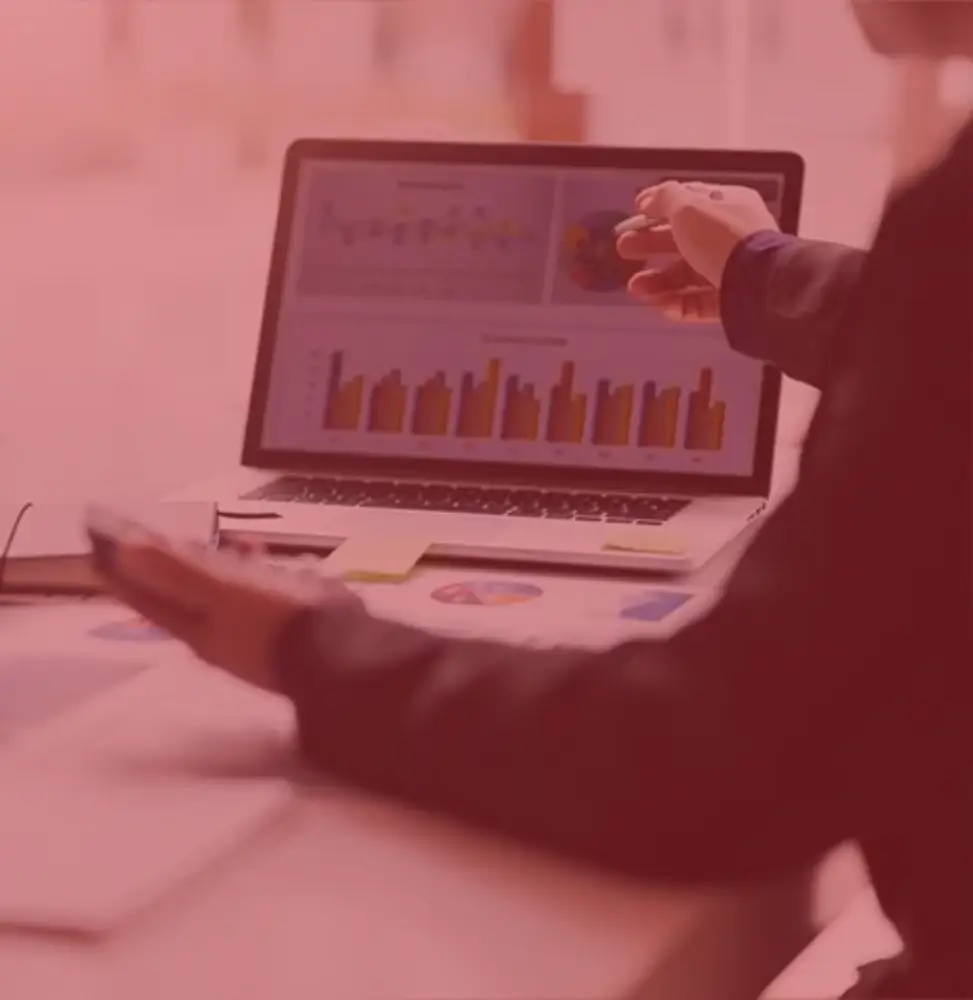
🌟 Economic Feasibility Study 🌟
An economic feasibility study is a comprehensive analysis process aimed at assessing the viability of a specific project in terms of benefits and implementation. It serves as a crucial tool for enabling investors and companies to make informed decisions before embarking on new projects. This study encompasses several key aspects that are analyzed to ensure the project’s success.
🏷️ Components of an Economic Feasibility Study
1️⃣ Market Study 🌍
This phase aims to comprehensively analyze the target market:
🔹 Target Audience Analysis: Identify potential customers and their needs.
🔹 Consumer Behavior Study: Understand the factors influencing purchase decisions.
🔹 Competitor Assessment: Analyze the market to know competitors’ product prices and competitiveness.


2️⃣ Technical Study 🛠️
This pertains to evaluating the technical aspects of the project:
🔸 Site Selection: Choosing the best location for project implementation.
🔸 Equipment and Tools Determination: Equipping the project with necessary tools.
🔸 Labor Requirements: Estimating the number of required workers and their expertise.
🔸 Technology Utilization: Identifying the most suitable technology to achieve efficiency.
3️⃣ Financial Study 💰
Focuses on analyzing financial aspects:
🔹 Capital Costs: Estimating the expenses required to start the project.
🔹 Operating Costs: Estimating ongoing costs such as salaries and other expenses.
🔹 Expected Revenues: Estimating expected profits and analyzing the break-even point.
4️⃣ Legal Study ⚖️
Aims to analyze legal obligations:
🔸 Licenses and Regulations: Knowing the required licenses and complying with local laws.
🔸 Environmental Regulations: Ensuring the project meets environmental standards.
5️⃣ Risk Analysis ⚠️
Involves analyzing potential risks:
🔹 Market Risks: Market changes that may affect the project.
🔹 Operational and Financial Risks: Identifying potential challenges and developing plans to address them.
🎯 Importance of Economic Feasibility Study
✅ Project Success Determination: Ensures the project’s viability before making large investments.
✅ Risk Mitigation: Identifies potential risks and develops strategies to address them.
✅ Funding Acquisition: The feasibility study is an essential tool for convincing investors to finance the project.
✅ Planning Improvement: Provides a clear roadmap for achieving objectives.


📅 When is a Feasibility Study Required?
🔹 When launching a new project.
🔹 When expanding an existing project.
🔹 When entering new markets.
🔹 When making significant investment decisions.
🔍 How to Prepare an Economic Feasibility Study
1.Gather Preliminary Information: Define the project idea and collect basic data.
2.Market Analysis: Study the target market and the level of competition.
3.Technical Aspects Analysis: Identify technical requirements and infrastructure needs.
4.Financial Aspects Analysis: Estimate costs, expected revenues, and analyze profitability.
5.Final Evaluation: Provide recommendations and a final decision regarding the project’s feasibility.
Request for economic feasibility studies service
✨ ✨ Specialized Consultation?
Don’t hesitate to contact our consultants to provide a detailed feasibility study tailored to your needs!
